International Heritage Centre blog
'Patriotism is not enough'
'Patriotism is not enough'
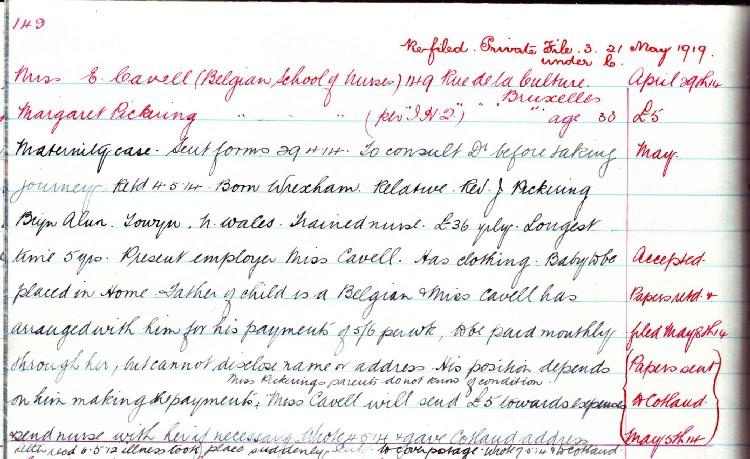
The International Heritage Centre holds a large collection of records produced by the Women’s Social Work (WSW) branch of The Salvation Army, which document the work of a variety of homes and programmes. One such series of records is the Applicants’ Secretary’s Interview Books, 127 hardbacked notebooks which contain notes of interviews conducted at WSW headquarters in London, along with records of correspondence received from women seeking admission to Salvation Army homes in the United Kingdom. Commencing in 1897 the notebooks continue until the mid-1970s.
In April 1914 a referral is noted from a Miss Edith Cavell of Brussels. Edith was matron at 'L'École Belge d'Infirmières Diplômées' (The Belgian School of Nursing Graduates) in Brussels run by Dr Antoine Depage. Born in the village of Swardeston, Norfolk in 1865, Edith was the daughter of the local vicar. After working as a governess with a family in Brussels she had entered the London Hospital to train as a nurse.
Margaret Pickering, one of Edith’s British nurses, was pregnant and Edith wished to make arrangements for her to enter a Salvation Army maternity home in England. The entry shows that Edith wrote to The Salvation Army on 29th April, it being noted in the right-hand column that the baby was due in May. The baby’s father was Belgian and Margaret did not intend to keep it.
Cotland was a Salvation Army Mothers’ and Children’s Home (the contemporary term for a maternity home) situated at 11 Springfield, Upper Clapton, and in the second half of 1914 70 unmarried woman entered the home to have their babies, the births taking place at The Mothers’ Hospital, The Salvation Army’s maternity hospital in Clapton, east London.
At 30, Margaret was not typical of woman entering Cotland in 1914, who were more often aged 19-24 years and earning £15-20 a year in domestic service, usually as the sole servant living in a modest middle-class household, although some were in higher status occupations such as short-hand typist, clerk or cashier.
The Salvation Army encouraged putative fathers to support their child financially, but Edith had already arranged for the father of Margaret’s baby to pay 5/6 per week. A study of records from this period shows that three-quarters of putative fathers paid nothing at all, and even those that did make payments contributed on average no more than half of this amount. Presumably the anonymous Belgian’s generosity was related to the fact that ‘Miss Cavell… cannot disclose [his] name and address. His position depends on him making the payments’; very mysterious!
Before Margaret could travel to London her baby was born, ‘illness took place’ being a common euphemism of the time for child-birth, and so she never entered Cotland.
Just two months later Germany invaded Belgium. Edith was visiting her widowed mother in Norwich, but left immediately to return to Brusells. As the allied armies retreated, many British and French soldiers became separated from their units, and Edith joined an underground group helping such soldiers escape to the Netherlands, which remained neutral. As well as helping soldiers to escape from behind the German lines the group also helped Belgian and French men of military age to leave the country and enlist in the fighting forces.
At the end of July 1915 two members of the escape team were arrested, and letters incriminating Edith were found. She was arrested on August 5th and held in St Gilles prison for ten weeks, the last two in solitary confinement. She admitted that she had helped convey 60 British and 15 French soldiers and about 100 French and Belgian men of military age to the frontier.
While the 1906 Geneva Convention guaranteed protection for medical personnel, ‘Th[at] protection due… ceases if they are used to commit acts injurious to the enemy’. Edith and four Belgians were found guilty of treason and sentenced to death. At 2am on 12th October they were taken to the Tir National shooting range in Schaerbeek, where they were shot.Edith’s execution handed the Allies a propaganda coup, causing uproar in Britain and doubling recruitment during the eight weeks following her death. Margaret Pickering was with Edith at the time of her arrest and was therefore one of the last British nurses to see her alive.
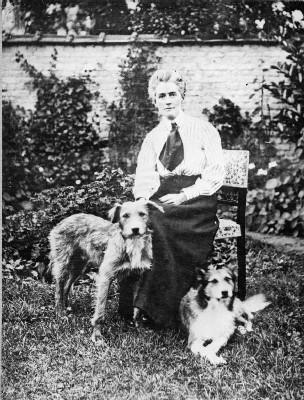
Kevin
April 2014
Read other blogs from the Heritage Centre
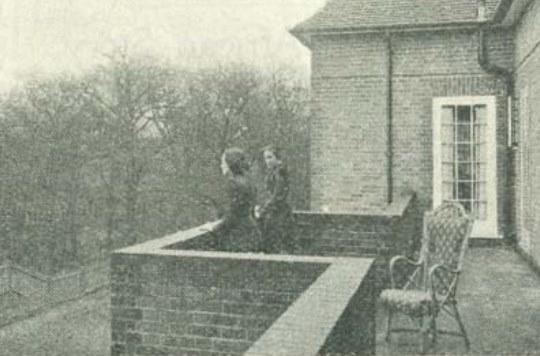
Emma Cottage
Recent cataloguing has brought to light an intriguing volume from our Women's Social Work archive from a home called 'Emma Cottage' which is described as a 'Home for Day Girls' ...
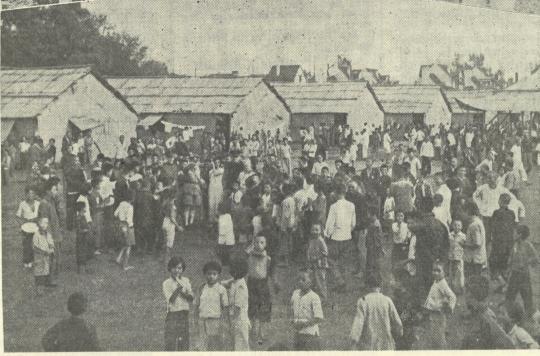
World Refugee Day
The Salvation Army has a long history of social and evangelical outreach to refugees ...
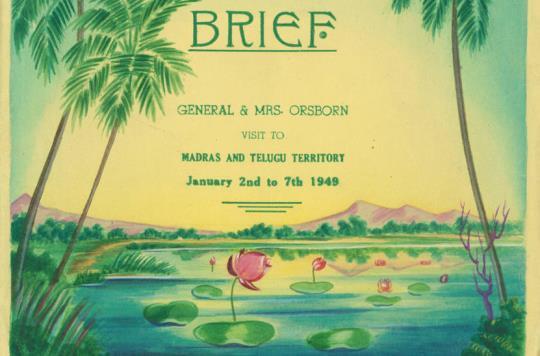
'Our Foreign Field': India
One of the strengths of the International Heritage Centre's holdings is its collections of records and published material relating to Salvation Army work in India ...
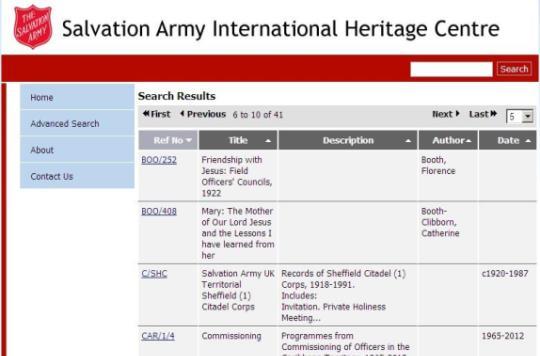
The Catalogue
Over the past 6 years, we have been cataloguing the archives and books held by the Heritage Centre ...